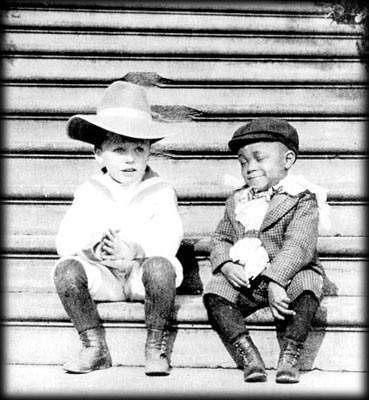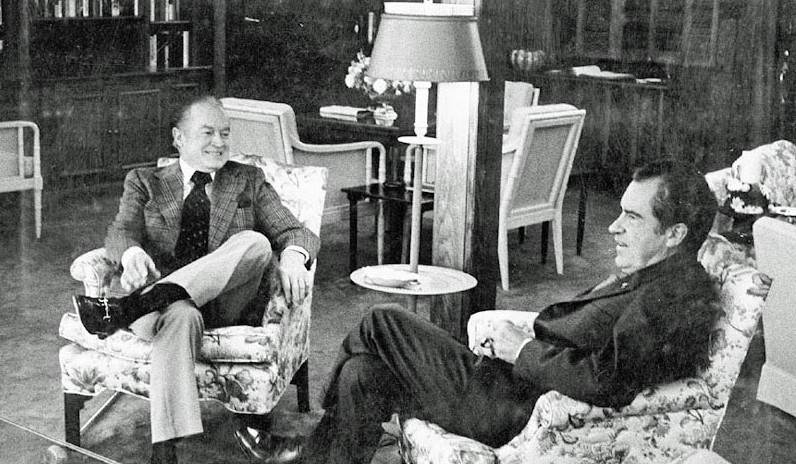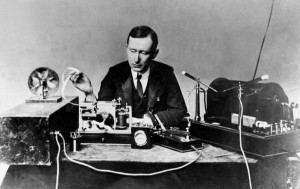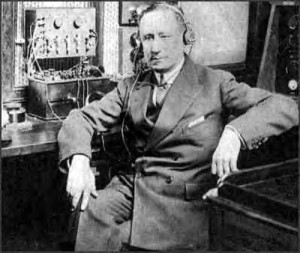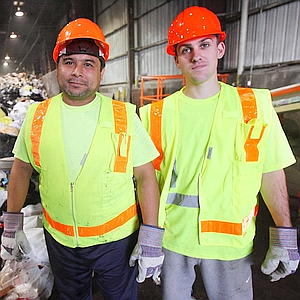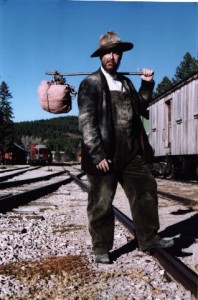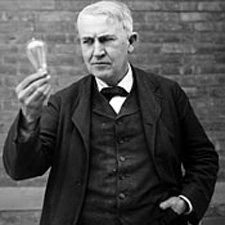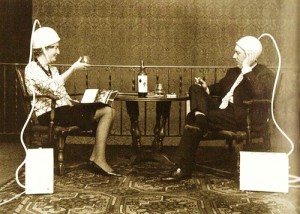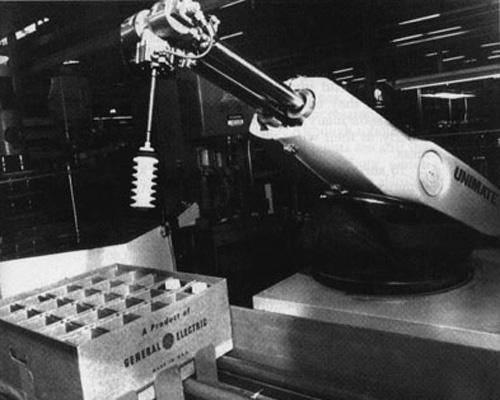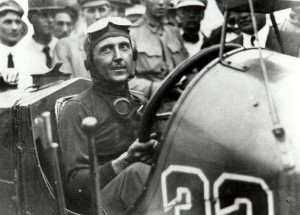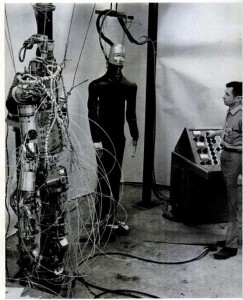
In the same science-centric 1978 issue of Penthouse that had a futuristic look at labor during a time of automation, there’s an interview by Richard Ballad with the late NASA astronomer Robert Jastrow, who possessed an interesting mix of beliefs. A staunch supporter of the Singularity, he saw computers as a new lifeform, and he was also a denier of human-made climate change. A few exchanges follow.
________________________
Robert Jastrow:
I say that computers, as we call them, are a newly emerging form of life, one made out of silicon rather than carbon. Silicon is chemically similar to carbon, but it can enter into a sort of metal structure in which it is relatively invulnerable to damage, is essentially immortal, and can be extended to an arbitrarily large brain size. Such new forms of life will have neither human emotions nor any of the other trappings we associate with human life.
Penthouse:
You use the term life to describe what we usually think of as lifeless creatures. One might call them “computers with delusions of grandeur.” How can you say they are a form of life?
Robert Jastrow:
They are new forms of life. They react to stimuli, they think, they reason, they learn by experience. They don’t, however, procreate by sexual union or die — unless we want them to die. We take care of their reproduction for them. We also take care of their food needs, which are electrical. They are evolving at a dynamite speed. They have increased in capabilities by a power of- ten every seven years since the dawn of the computer age, in 1950. Man, on the other hand, has not changed for a long time. By the end of the twentieth century, the curves of human and computer growth will intersect, and by that time, I am confident, quasi-human intelligences wilt be with us. They will be similar in mentality to a fresh- ly minted Ph.D.: very strong, very narrow, with no human wisdom, but very powerful in brute reasoning strength. They will be working in combination with our managers, who will be providing the human intuition. Silicon entities will be controlling and regulating the complex affairs of our twenty-first-century society. The probability is that this will happen virtually within our own lifetime, What happens in the thirtieth century, or the fortieth? There are 6 billion years left before the sun dies, and over that long period I doubt whether biological intelligence will continue to be the seat of intelligence for the highest forms of life on this planet. Nor do I think that those advanced beings on other planets, who are older than we are, if they exist, are housed in shells of bone on a fish model of carbon chemistry Silicon, I think, is the answer.
________________________
Penthouse:
Are concepts like ethics, morals, and spirituality irrelevant to these silicon beings?
Robert Jastrow:
No, not at all. I think that such intelligent beings may be capable of aesthetic perceptions far beyond our imagining. The only thing is that their aesthetics will not be human. These beings will not have a large baggage of emotions. You see our musical and verbal perceptions were bred into us for their survival values back in the time when we were evolving out of the Savannah apes. Forms of life in the African savannah environment developed selected traits for survival that have nothing to do with the needs of today or with those of a billion years in the future.
Penthouse:
What would be the purpose of the existence of these computer beings?
Robert Jastrow:
That’s a big question. I don’t know what the “kicks” of these computer beings will be. No human emotions will be involved, but there may be other emotions. I think that they may find their pleasure in aesthetic perceptions akin to our delight in music and art and design, and also find it in the larger search for order and harmony in the universe. Their understanding of the harmony of the cosmos and the nature of physical reality may transcend ours. Their curiosity to discover may be what drives them.
________________________
Penthouse:
Will humans as we know them die out like the dodo?
Robert Jastrow:
It may be that a symbiotic union will exist between humans and new forces of life, between biological and nonbiological intelligence — and it may now exist on other planets. We might continue to serve the needs of the silicon brain while it serves ours.
Penthouse:
Do you think that the computer beings will triumph in the end?
Robert Jastrow:
Yes. Not “triumph” in the sense of a war but triumph in the same sense that the mammals triumphed over the dinosaurs. It will be the next stage of perfection.•









